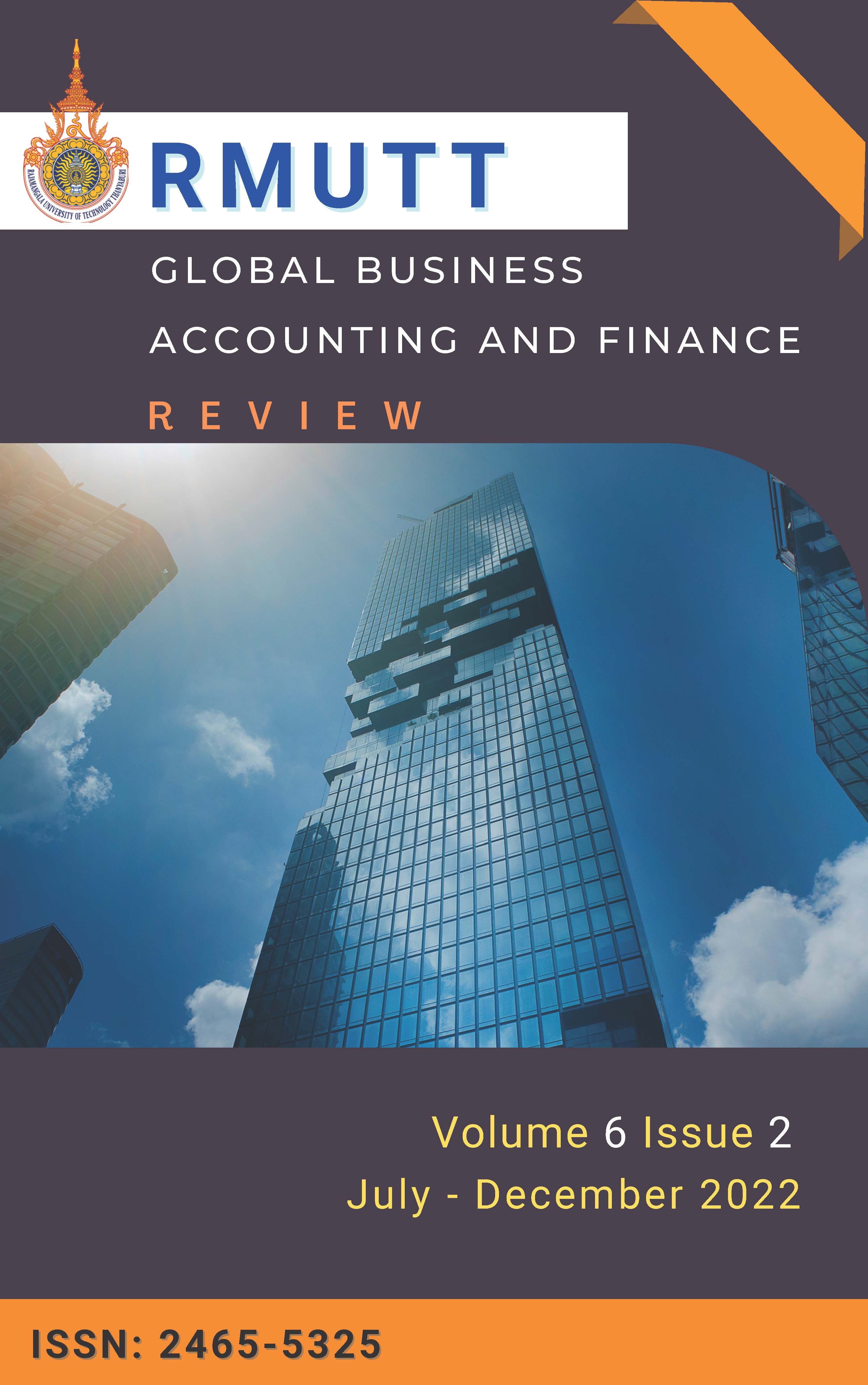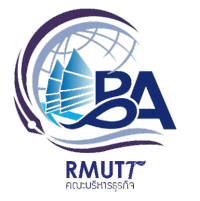DIGITAL ACCOUNTING FOR THE NEXT FUTURE: STIMULUS, TRANSITION AND JOURNEYS
Keywords:
Accountant, Digital Accounting, Transition, Industry 4.0, Digital TechnologyAbstract
As part of the transition to the digital age, accounting has both a substantial role and a responsibility to society, the importance of which is divided between the legal obligation and the managerial obligation. Consequently, the goal of this academic research was to assess the impact of the accountant and technological advancements on the transition to digital accounting. In order to meet the goal of this paper, interpretative methods were employed to obtain data from a review of the relevant literature. According to the debate in this paper, it is decided that the time accountants spend in their everyday work environments providing services necessitates a transformation. Regarding the influence and evolution of automatisms in the profession, the positive effects of automatisms are evident, disproving the idea that the transition to digital accounting poses a threat to the survival of the accounting profession. This article's findings imply that accountants will be able to enter different industries, fostering their intellectual and personal growth. In this way, accounting can continue to show how important it is to society and become an even more respected job.
References
Acaranupong, K. (2022). Changes in the Value Relevance of Accounting Information after TFRS (Revised 2019) Adoption: Evidence from Financial Institutions in Thailand. Journal of Accounting Profession, 18(58), 85-115.
Al-Htaybat, K., von Alberti-Alhtaybat, L., & Alhatabat, Z. (2018). Educating digital natives for the future: accounting educators’ evaluation of the accounting curriculum. Accounting Education, 27(4), 333-357.
Appelbaum, D., & Nehmer, R. (2017). The Coming Disruption of Drones, Robots, and Bots: How Will It Affect CPAs and Accounting Practice? CPA Journal, 87(6), 40-44.
Association of Chartered Certified Accountants (ACCA). (2022). The digital accountant: Digital skills in transformed world. Retrieved from https://www.iaasb.org/focus-areas/new-standard-less-complex-entities.
Barna, L.-E.-L., & Igna, R. D. (2021). The influence of the implementation of ERP systems on the performance of an organization. Proceedings of the International Conference on Business Excellence, 15(1), 268-279.
Biernacki, M., Krasodomska, J., & Zarzycka, E. (2019). The Acca Accreditation in Poland - Accounting Educators’ Perspective. Financial Sciences, 24(4), 1-9.
Bowles, M., Ghosh, S., & Thomas, L. (2020). Future-proofing accounting professionals: Ensuring graduate employability and future readiness. Journal of Teaching and Learning for Graduate Employability, 11(1), 1-21.
Braga, G. (2015). COBIT 5 Applied to the Argentine Digital Accounting System. COBIT Focus, 1-4.
Chae, B., & Olson, D. (2022). Technologies and applications of Industry 4.0: insights from network analytics. International Journal of Production Research, 60(12), 3682-3704.
Chantabutr, P., Jaensirisak, S. & Sawettham, A. (2021). Blockchain Technology: Concept and Its Implications for Accounting, Auditing and Supply Chain Management. Journal of Accounting Profession, 17(56), 75-93.
Chiu, V., Liu, Q., Muehlmann, B., & Baldwin, A. A. (2019). A bibliometric analysis of accounting information systems journals and their emerging technologies contributions. International Journal of Accounting Information Systems, 32, 24-43.
Clarke, F. L., Dean, G. W., & Oliver, K. G. (1997). Corporate collapse: Regulatory, accounting and ethical failure. Cambridge: Cambridge University Press.
Cockcroft, S. & Russell, M. (2018). Big data opportunities for accounting and finance practice and research. Australian Accounting Review, 28(3), 323-333.
Cooper, L. A., Holderness, D. K., Sorensen, T. L., & Wood, D. A. (2019). Robotic Process Automation in Public Accounting. Accounting Horizons, 33(4), 15-35.
Dai, J. & Vasarhelyi, M.A. (2017). Toward blockchain-based accounting and assurance. Journal of Information Systems, 31(3), 5-21.
De Villiers, C., Rinaldi, L. & Unerman, J. (2014). Integrated reporting: insights, gaps and an agenda for future research. Accounting, Auditing and Accountability Journal, 27(7), 1042-1067.
Dissorn, A., & Suwanbamrung, P. (2022). Prediction 2030 Human Resource Model for Developing Professional Accountants Abilities of Small and Medium Enterprises in the Lower Central Region, Thailand. Journal of Management Information & Decision Sciences, 25(2), 1-13.
Drum, D. M., & Pulvermacher, A. (2016). Accounting Automation and Insight at the Speed of Thought. Journal of Emerging Technologies in Accounting, 13(1), 181-186.
Faruque, M. O., Dinavahi, V., & Xu, W. (2005). Algorithms for the accounting of multiple switching events in digital simulation of power-electronic systems. IEEE Transactions on Power Delivery, 20(2), 1157-1167.
Fisher, I. E. (2004). On the Structure of Financial Accounting Standards to Support Digital Representation, Storage, and Retrieval. Journal of Emerging Technologies in Accounting, 1, 23-40.
Frey, C. B., & Osborne, M. A. (2017). The future of employment: How susceptible are jobs to computerisation?. Technological forecasting and social change, 114, 254-280.
Gray, J. & Rumpe, B. (2017). Models for the digital transformation. Software and Systems Modeling. 16(2), 307-308.
Greenman, C. (2017). Exploring the impact of artificial intelligence on the accounting profession. Journal of Research in Business, Economics and Management, 8(3), 1451.
Gromling, M. (2016). The Digital Revolution - New Challenges for National Accounting? World Economics, 17(1), 1–13.
Hanetseder, S.L., Lehner, O.M., Eisl, C. & Forstenlechner, C. (2021). A profession in transition: actors, tasks and roles in AI-based accounting. Journal of Applied Accounting Research, 22(3), 539-556.
Harrast, S. A. (2020). Robotic process automation in accounting systems. Journal of Corporate Accounting & Finance, 31(4), 209-213.
Helberger, N., Sax, M., Strycharz, J., & Micklitz, H.-W. (2022). Choice Architectures in the Digital Economy: Towards a New Understanding of Digital Vulnerability. Journal of Consumer Policy, 45(2), 175-200.
Hines, R. D. (1989). Financial accounting knowledge, conceptual framework projects and the social construction of the accounting profession. Accounting, Auditing & Accountability Journal, 2(2), 72-92.
Izzo, M., F., Fasan, M. & Tiscini, R. (2022). The role of digital transformation in enabling continuous accounting and the effects on intellectual capital: the case of Oracle. Meditari Accountancy Research, 30(4), 1007-1026.
Jiang, Z., Yuan, S., Ma, J., & Wang, Q. (2022). The evolution of production scheduling from Industry 3.0 through Industry 4.0. International Journal of Production Research, 60(11), 3534–3554.
Jovanoska, I. (2022). The Role of the Enterprise (Erp) Resources Planning System in Improving Business Processes. Economic Development, 24(1), 120-132.
Kamkankaew, P., Phattarowas, V., Khumwongpin, S., Limpiaongkhanan, P. & Sribenjachot, S. (2022). Increasing Competitive Environment Dynamics and the Need of Hyper-Competition for Businesses. International Journal of Sociologies and Anthropologies Science Reviews, 2(5), 9-20.
Khammadee, P. (2022). Shrm Practices, Organizational Resilience, and Sustanaility Performance. RMUTT Global Business Accounting and Finance Review, 6(1), 55-64.
Kokina, J., Gilleran, R., Blanchette, S., & Stoddard, D. (2021). Accountant as Digital Innovator: Roles and Competencies in the Age of Automation. Accounting Horizons, 35(1), 153-184.
Kongma, E. (2021). Data Analytics in Accounting, Future-ready Accountant’s Skills. Journal of Accounting Profession, 17(54), 68-83.
Korhonen, T., Selos, E., Laine, T., & Suomala, P. (2021). Exploring the programmability of management accounting work for increasing automation: an interventionist case study. Accounting, Auditing & Accountability Journal, 34(2), 253-280.
Kruskope, S., Lobbas, C., Meinder, H., Soderling, K., Martikainen, M., & Lehner, O. M. (2019). Digital Accounting: Opportunities, Threats and the Human Factor. ACRN Oxford Journal of Finance & Risk Perspectives, 8, 1-15.
Kurtz, R. D., Herrera, D. K., & Moussalli, S. D. (2006). Digitizing the Accounting Historians Journal: A Short History. Accounting Historians Journal, 33(2), 157-168.
Lee, C. S., & Tajudeen, F. P. (2020). Usage and Impact of Artificial Intelligence on Accounting: Evidence from Malaysian Organisations. Asian Journal of Business & Accounting, 13(1), 213-239.
Lehner, O., Leitner-Hanetseder, S., & Eisl, C. (2019). The Whatness of Digital Accounting: Status Quo and Ways to Move Forward. ACRN Oxford Journal of Finance & Risk Perspectives, 8, I-X.
Lin, I., L., Shih,K., H. & Lin, S., I. (2018). Following the Money- Constructing the Prototype of Digital Evidence Forensic Accounting Standard Operation Procedure for Government Audits. Journal of Accounting, Finance & Management Strategy, 13(2), 141-162.
lsaid, L. A. Z. A. (2022). Smart city dynamics and multi-level management accounting: unfolding a case of sustainable enterprise resource planning. Sustainability Accounting, Management & Policy Journal, 13(1), 30-54.
Matt, C., Hess, T. & Benlian, A. (2015). Digital transformation strategies. Business and Information Systems Engineering, 57(5), 339-343.
Nagy, S., & Somosi, M. V. (2022). The relationship between social innovation and digital economy and society. Regional Statistics, 12(2), 3-29.
Nearon, B. H. (2005). Foundations in Auditing and Digital Evidence. CPA Journal, 75(1), 32-33.
Newman, M., & Westrup, C. (2005). Making ERPs work: accountants and the introduction of ERP systems. European Journal of Information Systems, 14(3), 258-272.
Nodgren, A., Weckstrom, E., Matikainn, M., & Lehner, O. M. (2019). Blockchain in the Fields of Finance and Accounting: A Disruptive Technology or an Overhyped Phenomenon? ACRN Oxford Journal of Finance & Risk Perspectives, 8, 47-58.
Pearson, T. A., & Singleton, T. W. (2008). Fraud and Forensic Accounting in the Digital Environment. Issues in Accounting Education, 23(4), 545-559.
Phillips, P., & Halliday, S. V. (2008). Marketing/accounting synergy: a discussion of its potential and evidence in e-business planning. Journal of Marketing Management, 24(7-8), 751-770.
Pholinhom, C. & Leekpai, K. (2021). Development model of professional skills on auditing quality of professional accountants in the digital economy 4.0 era in in Bangkok's. UMT Poly Journal, 18(1), 585-597.
Pholkaew, C. & Yapa, P. (2017). Professional Accounting Regulation in the Kingdom of Thailand over the Past Fifty Years. RMUTT Global Business Accounting and Finance Review, 1(2), 63–74.
Pradhan, D., & Brazel, J. F. (2021). The Effect of Enterprise Resource Planning System (Erp) Implementations on the Properties of Analyst Forecasts. Journal of International Business Disciplines, 16(2), 57-69.
Stefanescu, C., Comanescu, L. E., Buhusi, C., & Bilcan, G. A. (2019). Cyber security for Cyber accounting - Tool for the Digital Enterprise. Academic Journal of Economic Studies, 5(3), 138-143.
Suleiman, J., M. Mohammad, A.K.H., Hela, B., Thu, P., A., Muhammad, S., S. & Alhadidi, A., A. (2020). How Artificial Intelligence Changes the Future of Accounting Industry. International Journal of Economics and Business Administration, 8(3), 478-488.
Troshani, I., Janssen, M., Lymer, A. & Parker, L. (2018). Digital transformation of business-to-government reporting: an institutional work perspective. International Journal of Accounting Information Systems, 31, 17-36.
Troshani, I., Locke, J. & Rowbottom, N. (2019). Transformation of accounting through digital standardisation: Tracing the construction of the IFRS Taxonomy. Accounting, Auditing & Accountability Journal, 32(1), 133-162.
Troshani, I., Locke, J., & Rowbottom, N. (2019). Transformation of accounting through digital standardisation: Tracing the construction of the IFRS Taxonomy. Accounting, Auditing & Accountability Journal, 32(1), 133-162.
West, B. P. (2003). Professionalism and accounting rules. Routledge.
World Economic Forum. (2020). The Future of Jobs Report 2020. Retrieved from https://www.weforum.org/reports/the-future-of-jobs-report-2020/.
Xia, M., Xie, Z., Lin, H., & He, X. (2022). Synergistic Mechanism of the High-Quality Development of the Urban Digital Economy from Blockchain Adoption Perspective—A Configuration Approach. Journal of Theoretical & Applied Electronic Commerce Research, 17(2), 704-721.
Yigitbasioglu, O., Green, P. & Decca Cheung, M-Y. (2022).Digital transformation and accountants as advisors. Accounting Auditing & Accountability, 35(9), 1-25.
Zeff, S.A. (2012). The evolution of the IASC into the IASB, and the challenges it faces. The Accounting Review, 87(3), 807-837.
Zhang, C., & Chen, Y. (2020). A review of research relevant to the emerging industry trends: Industry 4.0, IOT, blockchain, and business analytics. Journal of Management, 5(1), 165-180.
Downloads
Published
How to Cite
Issue
Section
License
Copyright (c) 2022 Faculty of Business Administration, Rajamangala University of Technology Thanyaburi

This work is licensed under a Creative Commons Attribution-NonCommercial-NoDerivatives 4.0 International License.









